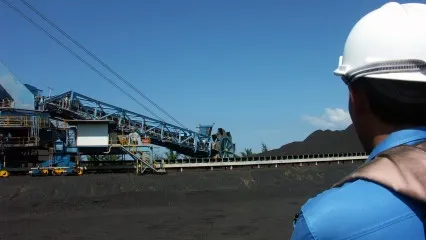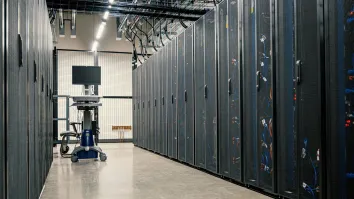
TNB, Petronas, IHI hold ammonia combustion test for coal-fired generation
This will help decarbonise Malaysia’s power sector.
Tenaga Nasional Berhad’s (TNB) subsidiaries, IHI Power System Malaysia, and PETRONAS Hydrogen conducted Malaysia’s first ammonia co-combustion experiment for coal-fired generation in their bid to decarbonise the power sector.
In a statement, TNB said its wholly-owned units TNB Research Sdn Bhd (TNBR) and TNB Power Generation Sdn Bhd (TNB Genco) took part in the test that was held at TNBR’s test rig facility in Kajang Selangor.
“The experiment of ammonia co-firing was successful with Carbon Dioxide (CO2) and Sulfur Dioxide (SO2) emissions being reduced in accordance with the co-firing rate. In addition, there was no generic ammonia detected at the exit of the furnace during the experiment,” it said.
The flame temperature for both cases of coal and co-firing do not vary significantly, with the result in favour of the objective of decarbonising, TNB said. It added that the test also observed the impact on “ boilers, flame stability, amount of unburned coal, flue gas properties, sulphur oxide measurement, coal slagging and fouling.”
READ MORE: TNB eyes early retirement for coal plants to accelerate sustainable goals
The experiment aims to determine the impact of co-firing ammonia as carbon-free fuel together with coal in a co-fired power generation system.
The test was led by IHI which is an expert in ammonia combustion technology development, whilst PETRONAS Hydrogen supplied ammonia and associated equipment. TNB supported through co-combustion execution including manpower, utility, and measurement devices, whilst TNB Genco provided three types of coal used in its existing coal power plant.
TNB said the ammonia and coal co-combustion experiment is part of its initiative to explore decarbonisation strategies together with its Sustainability Pathway, supporting the government’s target to reduce greenhouse gas intensity by 45% in 2030.


















 Advertise
Advertise




